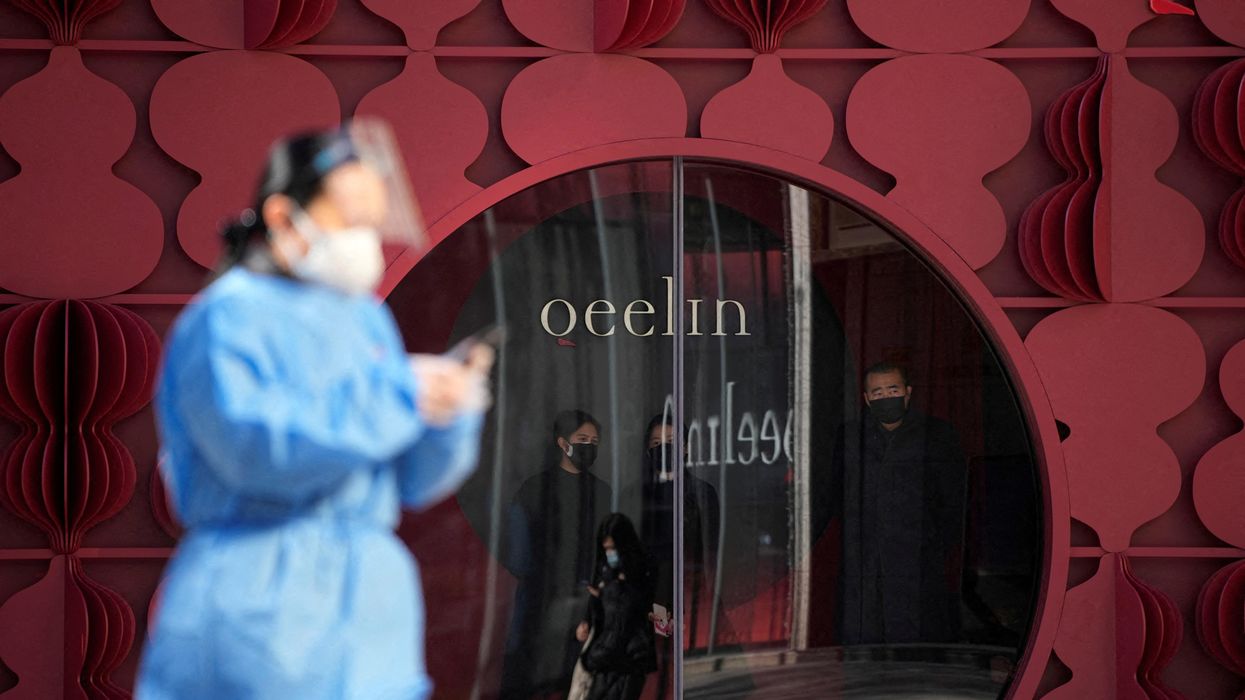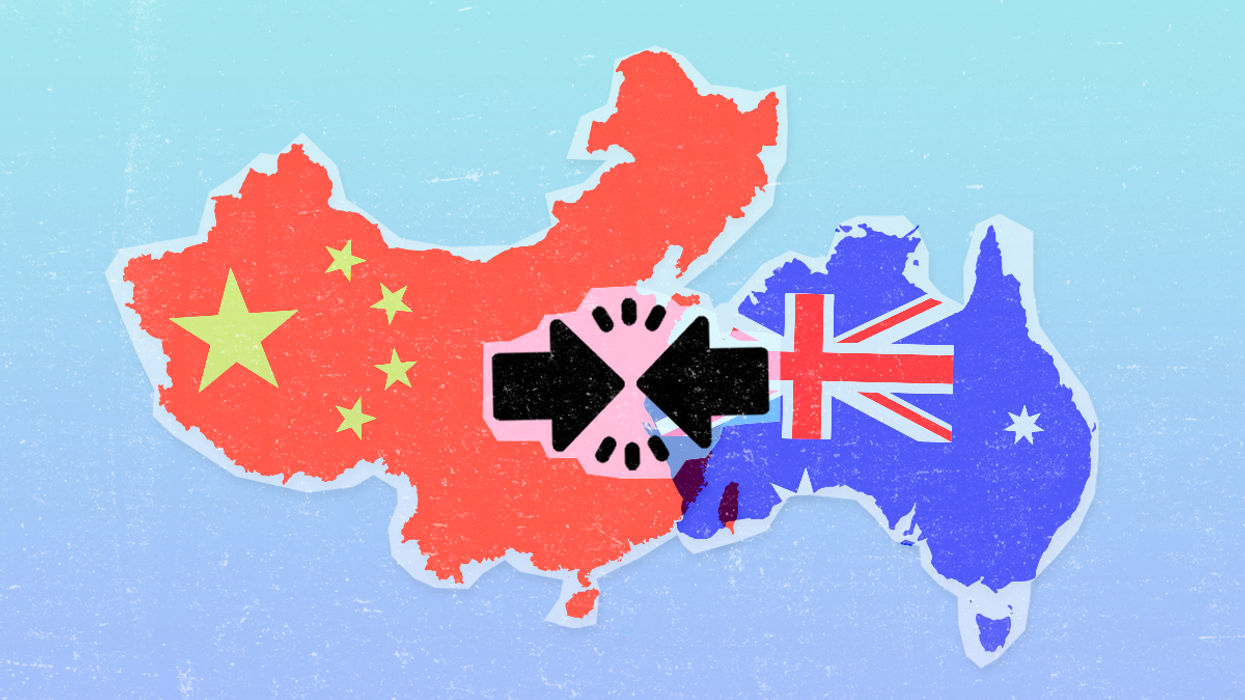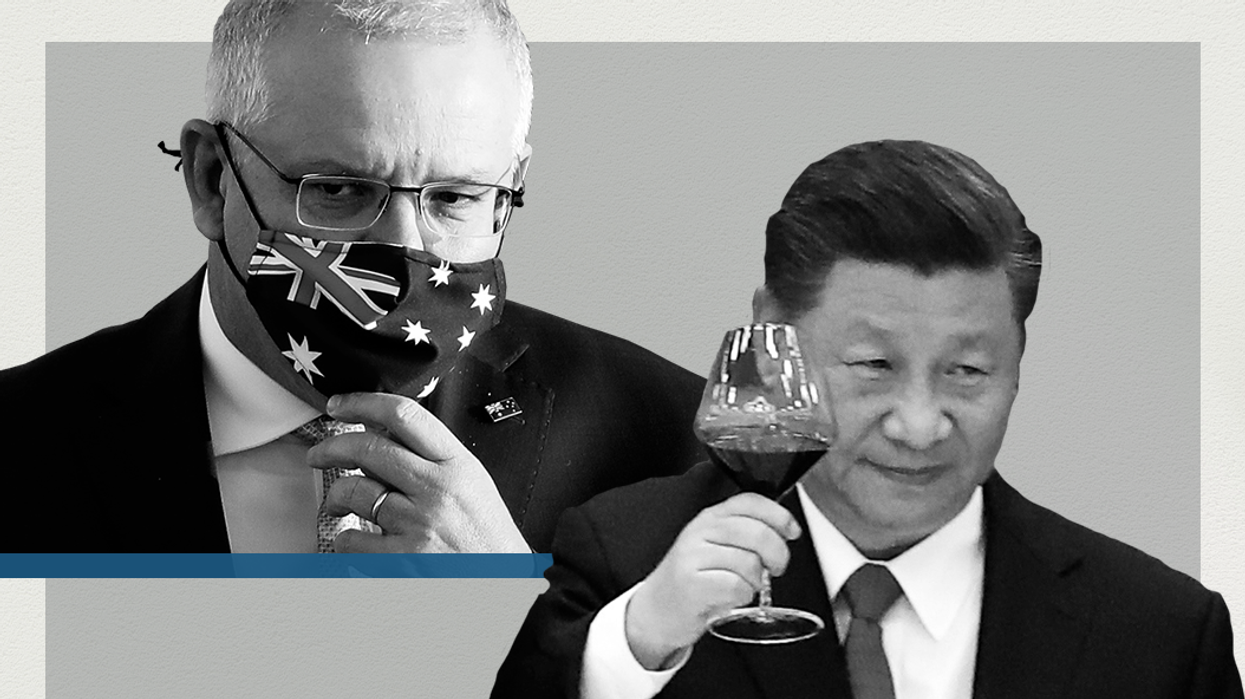News
What We're Watching: China's COVID shenanigans, Oz olive branch, Peru vs. Mexico, Twitter succession
Counting China’s COVID deaths, Australia tries to repair China trade ties, Peru clashes with Mexico as political crisis deepens, ignoring whoever becomes the new Twitter boss
Dec 21, 2022




